
So, you might be wondering what happens if you appear in court with a lawyer? Attending court without a lawyer is known as “pro se” in legal jargon. It is crucial that you are aware of the consequences and potential of appearing in court without a lawyer in the United States. In this article, we will be exploring the consequences of appearing in court with a lawyer and what are the pros and cons of the same.
The role of a lawyer in court
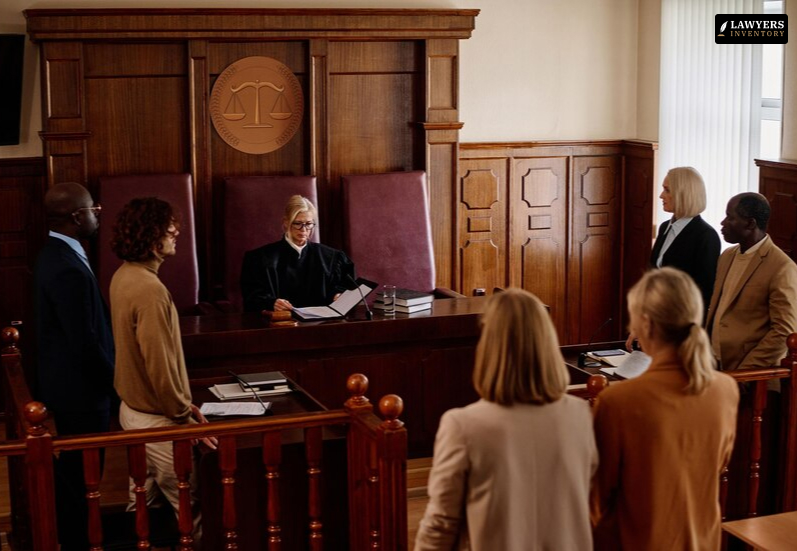
Lawyers play a pivotal role in cases, utilizing legal understanding and advocacy skills to symbolize clients efficiently. Here’s a breakdown of the important role’s lawyers undertake within the court:
Legal Representation:
Lawyers function as advocates for his or her clients, providing legal representation and defensive their rights all through the legal manner. They provide steerage on legal subjects, interpret legal guidelines, and recommend clients on the ability outcomes of their case.
Preparation and Strategy:
Lawyers meticulously prepare their instances through conducting legal studies, accumulating proof, and formulating strategic arguments to aid their purchaser’s function. They analyze the strengths and weaknesses of the case and increase a comprehensive strategy to achieve the client’s objectives.
Courtroom Advocacy:
Lawyers gift their patron’s case in courtroom through persuasive oral arguments, witness examinations, and the presentation of evidence. They articulate legal theories and actual arguments to influence judges or juries to rule in preference of their client.
Procedural Guidance:
Lawyers navigate the complexities of court techniques, making sure that everyone’s legal necessities are met, and cut-off dates are adhered to. They document vital files, motions, and pleadings with the court and manage procedural subjects on behalf of their clients.
Cross-Examination and Defense:
During trial lawsuits, lawyers skillfully pass-observe witnesses supplied with the aid of the opposing party to task their credibility and undermine their testimony. They defend their clients against accusations by imparting counterarguments and evidence to rebut the opposing party’s claims.
Objection Handling:
Lawyers screen courtroom complaints intently and make well timed objections to wrong proof, testimony, or legal arguments provided with the aid of the opposing party. They guard their client’s pursuits by ensuring that the handiest admissible evidence and legal arguments are considered by using the court.
Negotiation and Settlement:
Lawyers have interaction in negotiation and settlement discussions with opposing counsel to resolve disputes outside of court. They recommend favorable phrases and effects that align with their client’s interests whilst striving to reach collectively perfect agreements.
Legal Advice and Guidance:
Beyond court appearances, attorneys provide ongoing legal recommendation and guidance to clients, assisting them navigate legal troubles and make informed selections. They teach clients approximately their rights, responsibilities, and capability legal treatments to be had to them.
Appeals and Post-Trial Proceedings:
In case of damaging results, or trial court cases, seek to overturn faulty judgments or steady favorable treatments. In precis, the function of an attorney in court is multifaceted, encompassing legal illustration, advocacy, strategic planning, procedural compliance, and patron steering. Lawyers play a critical role in making sure that their clients’ interests are protected and recommended for successfully meeting their legal compensations.
Is It Legal To Appear In Court Without A Lawyer?
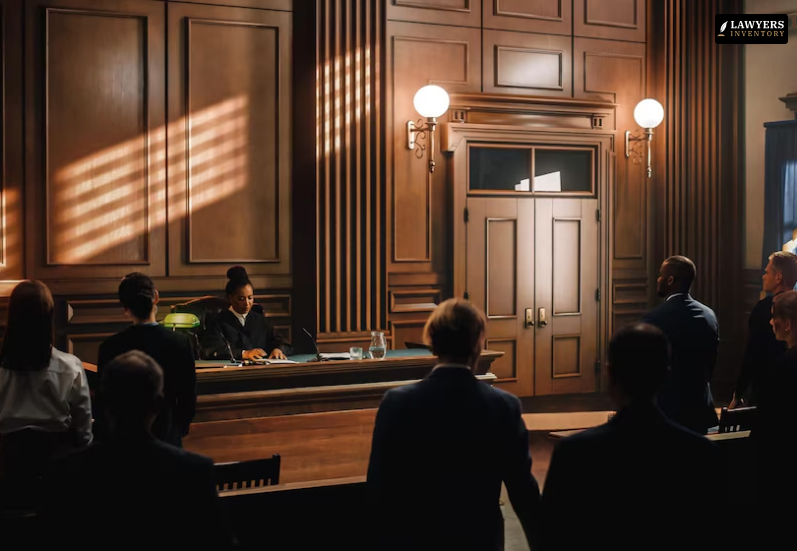
In many legal structures, people have the right to symbolize themselves in court docket proceedings, a practice commonly referred to as “seasoned se” representation. While the specifics may additionally vary across distinctive jurisdictions, the overall precept of self-representation is frequently diagnosed as an essential criminal right.
The Right to Self-Representation
The right to self-representation is typically enshrined in constitutional or statutory provisions. For example, in the United States, the Sixth Amendment to the Constitution ensures the proper of an accused person to “have the Assistance of Counsel for his defense.” However, this has been interpreted to mean that a defendant has the right to both be represented by an attorney or to symbolize themselves.
Advantages and Disadvantages
There are both advantages and drawbacks to acting in a courtroom without a legal professional. On the other hand, self-illustration can offer a feel of manipulation and autonomy over one’s prison proceedings. It can also be a price-powerful alternative for individuals who can not manage to pay for felony illustration. Additionally, some human beings may experience extra-custy presenting their personal case and advocating for his or her pursuits without delay.
On the other hand, navigating the complex prison device without the guidance of a skilled professional can be difficult. Lawyers possess specialized know-how of prison strategies, policies of evidence, and courtroom etiquette, which may be crucial in ensuring an honest and powerful presentation of one’s case. Lack of legal information may place self-represented people at a downside, doubtlessly leading to damaging consequences.
Considerations and Limitations
It is crucial to notice that the right to self-illustration is not absolute and may be problem to overcome obstacles. In a few cases, courts can also rent prison counsel to represent a man or woman in the event that they deem it essential to make certain a truthful trial, specifically in crook lawsuits in which the defendant’s liberty is at stake.
Additionally, positive varieties of instances or legal court cases may have particular necessities or regulations regarding self-illustration. For instance, in some jurisdictions, individuals may be required to have criminal representation in complicated civil topics, such as those concerning financial disaster, highbrow property, or international regulation.
In the end, the legality of performing in court without a lawyer is generally identified, as it’s far often taken into consideration as an essential prison proper. However, the choice to self-constitute should be carefully taken into consideration, weighing the ability advantages and disadvantages. It is vital for individuals to recognize the limitations and necessities of self-illustration in their precise felony context to make an informed selection and ensure the first-class feasible outcome for his or her case.
What Happens If You Appear in Court Without a Lawyer?
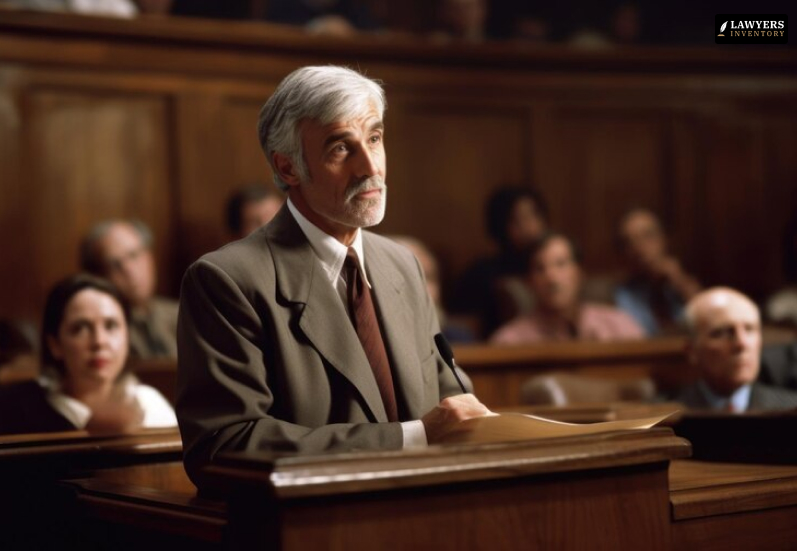
If you’re thinking about representing yourself in a courtroom without a legal professional, additionally called pro se, it’s important to recognize the ability results and challenges you would possibly face. Here’s a guide that will help you navigate this situation:
Understanding the Risks:
Representing yourself in the courtroom can be challenging, particularly in case you’re no longer familiar with legal approaches and court guidelines. You may additionally lack knowledge of relevant legal guidelines and precedents that can weaken your case. Judges expect all parties to observe the right court decorum and methods, which can be unexpected to you.
Legal Complexity:
The legal system may be complicated and intimidating, with intricate guidelines and tactics that may be difficult to navigate without legal education. You’ll be answerable for getting ready legal documents, submitting office work correctly, and assembly courtroom time limits for your personnel.
Potential Disadvantages:
Without legal expertise, you could overlook critical aspects of your case or fail to anticipate arguments from the opposing party. The other party, generally represented via a lawyer, may additionally have an advantage in legal understanding and approach.
Limited Support:
As a pro se litigant, you might not have legal recommendation or representation in court docket complaints. Court personnel, including judges and clerks, cannot provide legal recommendations or advocate on your behalf.
Risk of Negative Outcomes:
Representing yourself increases the likelihood of negative consequences, including losing the case or receiving less favorable judgments. You might also inadvertently waive crucial legal rights or miss opportunities to give proof or arguments efficiently.
Alternative Options:
Consider in search of legal help through legal aid, pro bono offerings, or low-fee legal clinics if finances are a difficulty. Explore mediation or alternative dispute decision strategies, that can assist remedy conflicts outside of the courtroom.
Preparing for Court:
Familiarize yourself with applicable legal guidelines, courtroom processes, and rules of proof relevant to your case. Organize and prepare all necessary documents, evidence, and exhibits to provide your case efficaciously. Practice delivering your arguments and responses to ability questions you can face all through courtroom proceedings.
Maintain Professionalism:
Dress appropriately and conduct yourself professionally during courtroom appearances. Address the decide and different events with recognize and follow courtroom etiquette.
Consider the Long-Term Implications:
The results of your case might have lasting results, which include economic liabilities, legal precedents, or impact on your rights and duties.
Seek Guidance When Necessary:
If you come upon problems or uncertainties throughout the legal technique, do not hesitate to look for steerage from legal sources, self-help guides, or court employees.
Pros of appearing in court without a lawyer
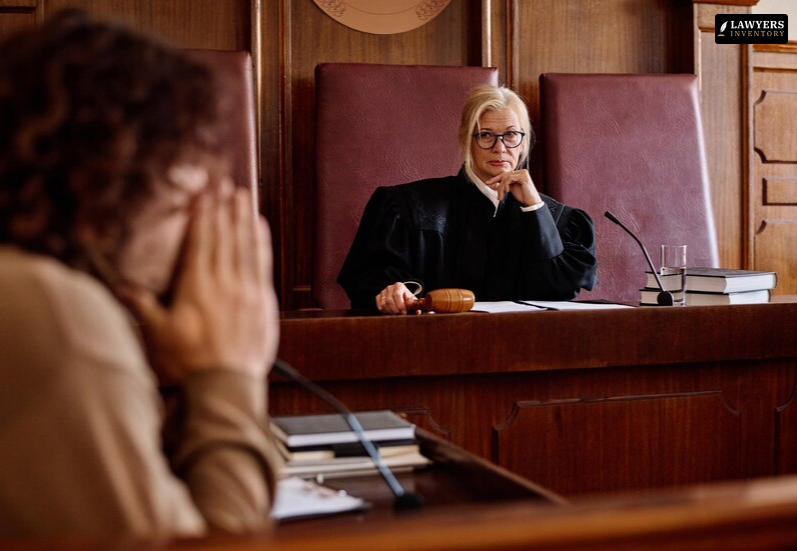
Appearing in court without an attorney, additionally referred to as representing oneself are known as “pro se litigant”. It has its benefits for individuals who choose to navigate the legal system on their own. Here are some of the advantages of appearing in court with a lawyer.
Cost Savings:
Representing oneself in courtroom gets rid of the need to pay high priced legal fees related to hiring a legal professional. Pro se litigants can avoid the economic burden of legal professional retainer expenses, hourly fees, and other legal prices.
Greater Control and Autonomy:
Pro se litigants have complete control over their legal strategy and decision-making manner during the case. They can immediately speak in the courtroom, present evidence, and argue their case without counting on a legal professional to act on their behalf.
Personal Empowerment:
Representing oneself in courtroom may be an empowering enjoyment, permitting people to actively participate in the legal system and assert their rights. Pro se litigants’ advantage firsthand knowledge of legal strategies and courtroom dynamics, which may be treasured for destiny legal subjects.
Simplified Communication:
Without an attorney serving as an intermediary, seasoned pro se litigants can speak immediately with the judge and other parties worried within the case. This direct communique can facilitate clearer information and more efficient resolution of legal issues.
Potential for Simplified Proceedings:
In some cases, simpler legal matters might not require full-size legal know-how or illustration by a lawyer. Pro se litigants might also discover that straightforward cases related to small claims, or minor disputes may be resolved without the need for legal representation.
Faster Resolution:
Pro se litigants may additionally revel in quicker resolution in their instances considering they could manage their very own schedules and deadlines without anticipating lawyer availability. Without the involvement of attorneys, there may be fewer procedural delays and negotiations, leading to expedited courtroom complaints.
Learning Opportunity:
Representing oneself in a courtroom offers a unique getting-to-know possibility for individuals to gain perception of the legal system and judicial manner. Pro se litigants can broaden precious talents in legal studies, record preparation, and courtroom advocacy that can be useful in further court representation.
Potential for Flexibility:
Pro se litigants have the power to confirm their legal strategies and approaches based on evolving situations and feedback from the courtroom. They can discover alternative dispute resolution techniques or negotiation techniques to attain collectively desirable resolutions compared to traditional courtroom complaints.
Cons of appearing in court without a lawyer
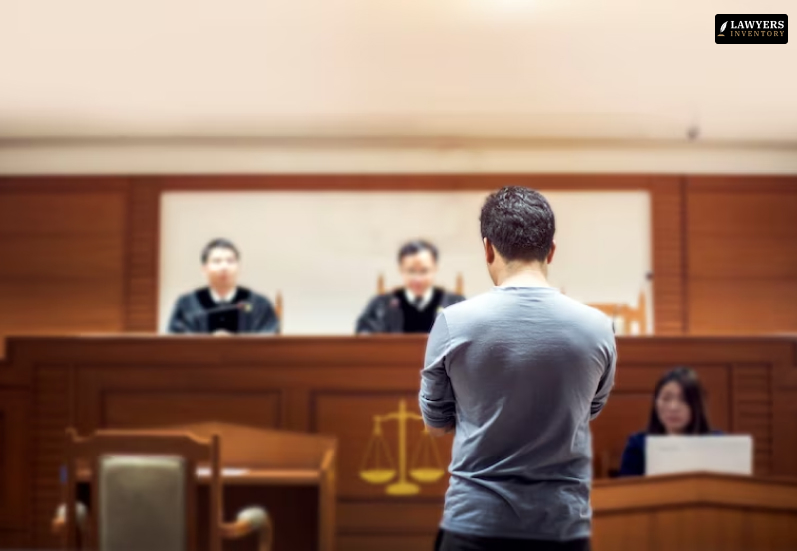
Representing oneself in courtroom, also known as appearing as pro se litigant can provide full-size challenges and risks. Here are some of the cons associated with this technique:
Lack of Legal Expertise:
Pro se litigants usually lack the legal expertise and know-how necessary to navigate complex legal methods and statutes efficiently. Without a legal professional’s guidance, people may additionally struggle to recognize the intricacies of the law and its consequences to their case.
Limited Understanding of Court Rules:
Courtrooms function in keeping with unique rules of process and proof, which can be unusual to pro se litigants. Without the right knowledge of court regulations, people chance to make procedural errors that could negatively affect their case.
Difficulty in Case Preparation:
Pro se litigants may additionally stumble upon challenges in making ready legal documents, amassing proof, and presenting coherent arguments in courtroom. The absence of legal training and assets can hinder their capability to build a sturdy and persuasive case.
Ineffective Advocacy:
Without the advocacy capabilities of an educated lawyer, pro se litigants may struggle to successfully win their case and persuade the judge or jury. Inadequate courtroom advocacy can result in disregarded evidence, weak arguments, and negative consequences.
Unequal Legal Playing Field:
In courtroom proceedings, pro se litigants frequently face warring parties represented by way of experienced lawyers who own advanced know-how of the law and litigation strategies. The power dynamic among pro se litigants and represented events can create an unequal gambling discipline, putting the previous at a downside.
Risk of Losing Legal Rights:
Pro se litigants may also inadvertently waive critical legal rights or fail to assert valid legal claims because of their lack of knowledge of procedural requirements. Ignorance of legal rights and duties can bring about destructive legal results and forfeited possibilities for comfort.
Emotional Stress and Burden:
Navigating the legal device without professional help may be emotionally taxing and overwhelming for seasoned se litigants. The strain of self-representation, coupled with the complexities of legal complaints, can exacerbate anxiety and uncertainty.
Limited Access to Legal Resources:
Pro se litigants do no longer have access to equal legal assets, studies tools, and expert networks to be a legal professional. It might also be difficult to discover relevant legal precedents, statutes, and case law to support their arguments and legal positions.
Potential for Inefficient Proceedings:
Court cases concerning seasoned se litigants might also enjoy delays and inefficiencies due to the need for judicial intervention to explain legal strategies and help unrepresented parties.
Potential for Inefficient Proceedings:
Court cases concerning seasoned se litigants might also enjoy delays and inefficiencies due to the need for judicial intervention to explain legal strategies and help unrepresented parties.
Risk of Unfavorable Outcomes:
Pro se litigants face a heightened hazard of receiving unfavorable judgments or settlements because of their limited capability to navigate the legal device correctly. Without professional legal representation, people may additionally conflict to protect their rights and interests accurately.
Unauthorized Practice of Law in Illinois
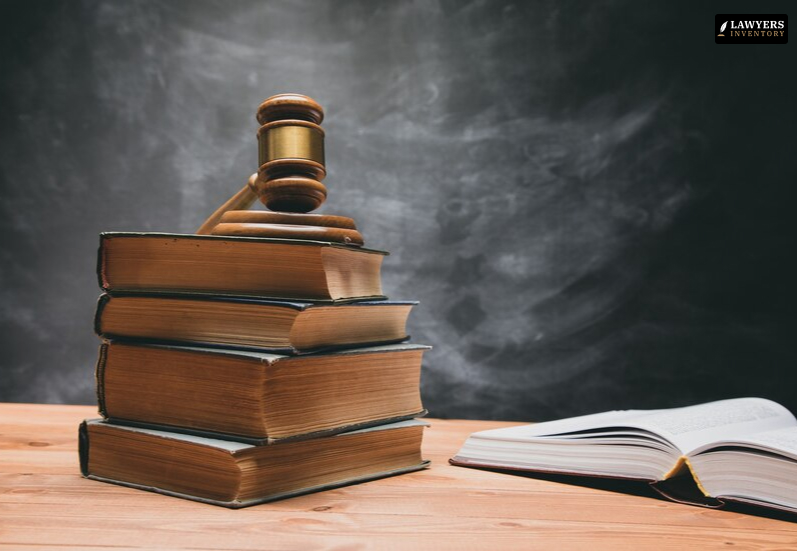
Illinois, like any state, prohibits the exercise of law with the aid of people not admitted working towards inside the country. Illinois units this forth within the Attorney Act, 705 ILCS § 205/0.01 et seq. Section one of the Act gives that:
“No man or woman will be permitted to practice as a lawyer or counselor at regulation within [Illinois] without having formerly received a license for that reason from the Supreme Court of this State[.]”
The Illinois State Bar Association provides a wealth of Ethics Opinions in this subject matter.
The Illinois Supreme Court has lengthy held that the exercise of regulation entails giving recommendation or rendering of services which require the use of prison competencies or expertise. People ex rel. Illinois State Bar Assoc. V. Schafer, 404 Ill. 45, 87 N.E. 2d 773, 776 (1949). That is, the “practice of law” is plenty extra than certainly going to court or representing a person in litigation. Here are only some samples of pastime which constitutes the “exercise of law” in Illinois:
Representing a person in an arbitration, even though the arbitrators aren’t lawyers (ISBA Opinion No. 12-17)
Assisting or advising a person in finishing corporate documents, even documents supplied by means of the Secretary of State (ISBA Opinion No. Ninety five-7)
Representing a person in a belongings tax appeal in many Illinois jurisdictions (In re Yamaguchi, 118 Ill. Second 417, 515 N.E.2nd 1235 (1987).
Penalties of Practicing Law Without a License
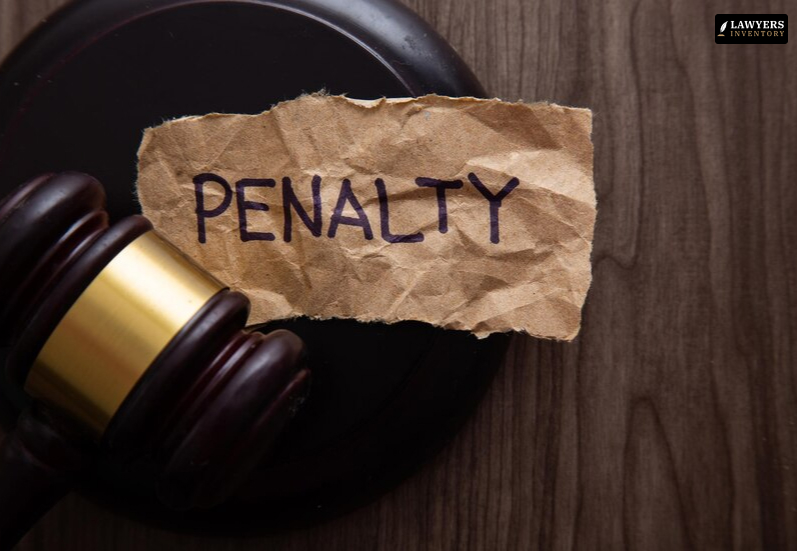
The unauthorized practice of law is either a misdemeanor or a felony offense. The legal guidelines of the nation in which the interest happens decide the severity of the crime, and a few states allow for both misdemeanor and legal charges relying on the circumstances. Anyone convicted of the unauthorized exercise of regulation several number of ability consequences.
Incarceration
If you are convicted of the crime of the unauthorized workout of law, you face a probable jail or prison sentence. A misdemeanor conviction can lead to a sentence of up to three hundred and sixty-five days in a county jail, at the identical time as criminal sentences permit for 12 months or more in jail, although five years or greater in prison is possible in a few states.
Fines
Fines are a not unusual punishment for the unauthorized practice of law. Misdemeanor fines are often $1,000 or less, at the same time as felony fines can exceed $5,000 or greater per offense.
Probation
A probation sentence is likewise feasible in case you’ve been convicted of practicing regulation without a license. While on probation you should observe precise conditions, together with paying all fines, reporting to a probation officer, locating or keeping a job, and no longer committing some other crimes.
Restitution
If you are convicted of the unauthorized exercise of regulation and you fee the victim a price on your services, the court will even order a restitution fee. Restitution is a separate penalty other than any fines the courtroom imposes and should be paid to the victims to compensate for any losses they suffered. You need to additionally pay restitution as a situation of a probation sentence.
Final Thoughts
It is important to word that although self-representation in court is authorized, it is critical to understand the capacity dangers and problems concerned. Before you decide to represent yourself, it is advisable to assess your alternatives and look for a guide to ensure that your case is treated in only the manner possible. By doing so, you could try to achieve the most pleasant possible results in your legal matters.
Read Also:
- What is a Cease and Desist Order?
- Top 7 Common Mistakes In Criminal Defense
- What Is Embezzlement, And When Do You Need A Lawyer For It?








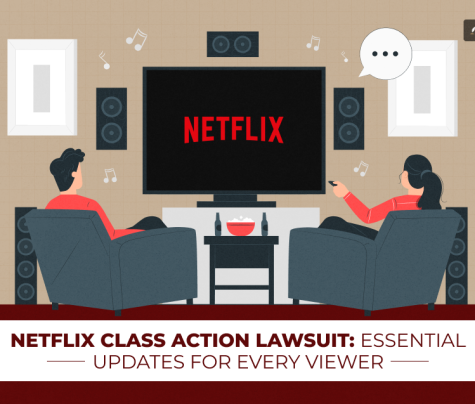
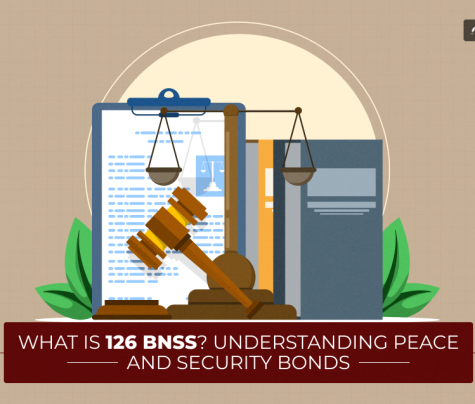
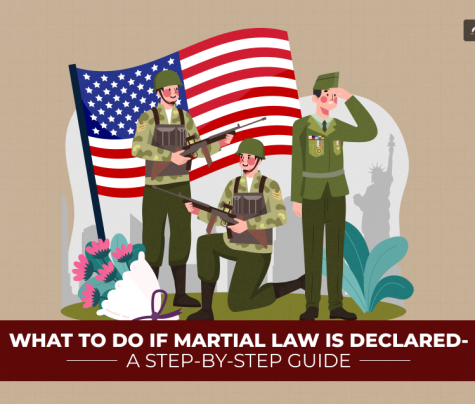
0 Reply
No comments yet.